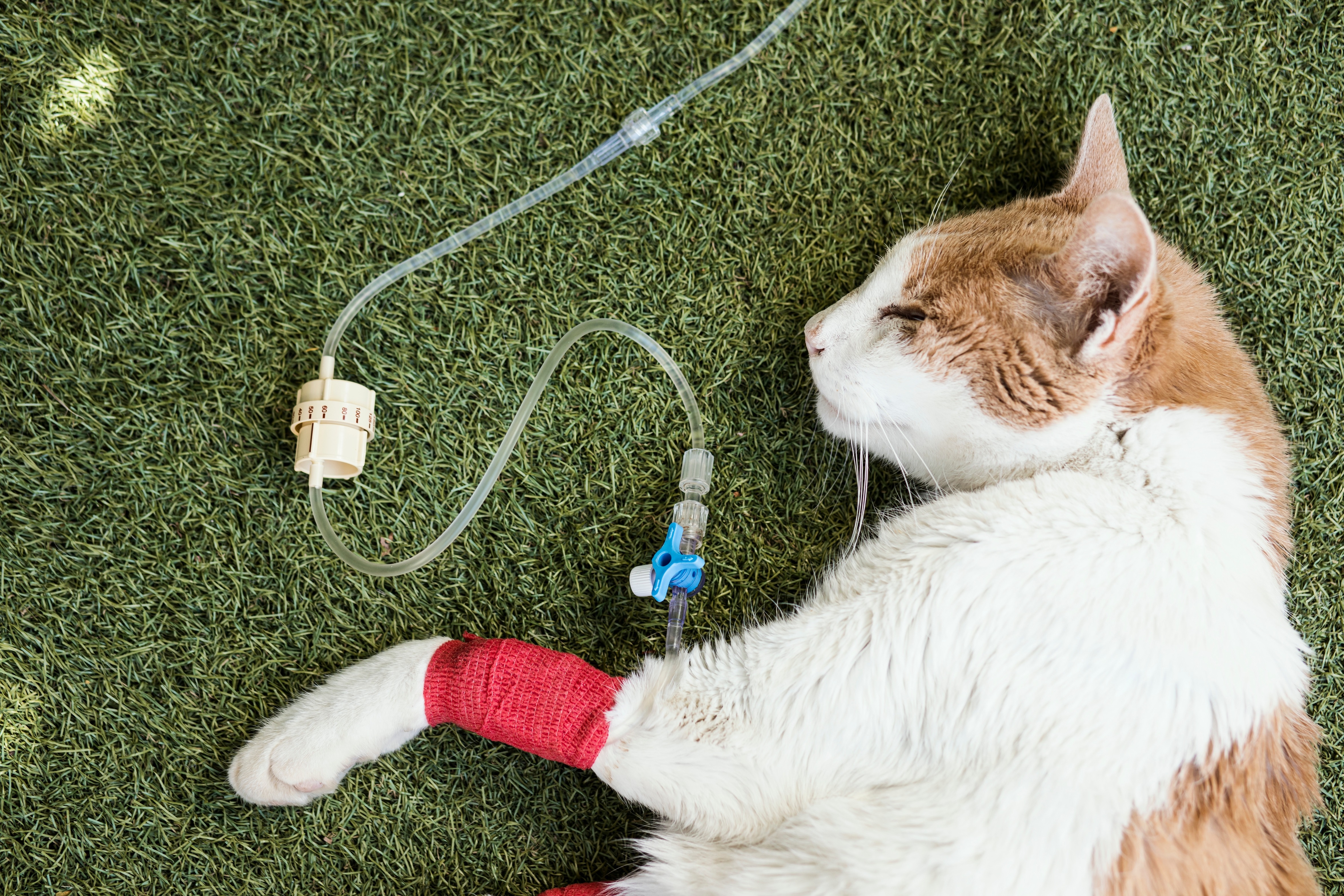As a responsible cat owner in Niwot, CO, you understand the crucial role your veterinarian plays in keeping your furry friend healthy. But there's one insidious condition that often progresses silently – kidney failure. At Niwot Veterinary Clinic, we want to empower you with knowledge about this condition, recognizing its signs early and understanding how veterinary care can make a significant difference for your cat.
Kidneys: The Unsung Heroes of Feline Health
Your cat's kidneys are vital organs, filtering waste products from their blood and maintaining balance in their body. Unfortunately, kidney failure can develop when these functions decline, often progressing gradually without noticeable symptoms until significant damage has occurred. This makes early detection and intervention crucial.
Recognizing Potential Kidney Failure
While symptoms can vary, some common indicators of kidney failure in cats include:
• Increased thirst and urination: This is often one of the first noticeable changes.
• Loss of appetite and weight: Unexplained weight loss can be a red flag.
• Lethargy and weakness: Your once-energetic cat may seem tired and uninterested in activities they used to enjoy.
• Vomiting and nausea: Digestive issues can be a symptom of kidney problems.
• Bad breath: A strong ammonia odor on your cat's breath can be a worrying sign.
Seeking Support
At Niwot Veterinary Clinic, we understand the anxiety a suspected kidney diagnosis can bring. Our compassionate team offers comprehensive diagnostic tools to confirm the condition and assess its severity. This may include bloodwork, urine testing, and imaging.
Tailored Treatment Plans for Kidney Failure
While a cure for kidney failure isn't available, veterinary care can significantly improve your cat's quality of life and manage the condition effectively. Treatment plans often involve:
• Dietary adjustments: A specialized diet low in protein and phosphorus can help reduce kidney workload.
• Fluid therapy: Maintaining hydration is crucial, and IV fluids or subcutaneous fluids may be necessary.
• Medication: Medications can control symptoms like nausea, manage blood pressure, and address underlying conditions.
• Supportive care: Regular monitoring, pain management, and emotional support are essential aspects of caring for a cat with kidney failure.
Partnering with A Veterinarian near You
Kidney failure can be a challenging diagnosis, but at Niwot Veterinary Clinic, we're here to support you every step of the way. Our experienced and dedicated team will work closely with you to develop a personalized treatment plan, providing ongoing guidance and monitoring to ensure your cat receives the best possible care.
Remember, early detection is key to managing kidney failure effectively. If you notice any warning signs in your cat, don't hesitate to schedule an appointment at Niwot Veterinary Clinic. Call us today at (303) 652-2194 and let our commitment to compassionate veterinary care help your feline friend live a happy and comfortable life.

